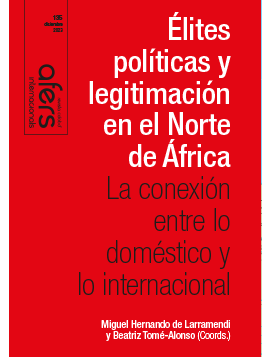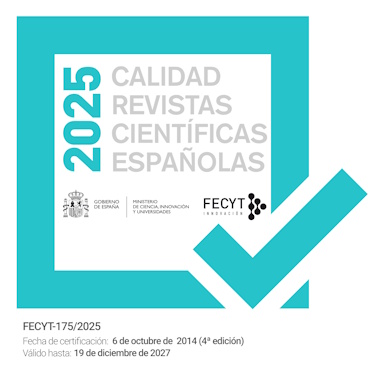Authoritarian technopopulism in Arab countries and international legitimation
Keywords:
technocracy, depoliticisation, authoritarianism, social contract, MENA region, Morocco, Tunisia, EgyptAbstract
Revista CIDOB d’Afers Internacionals, nº 135
Quadrimestral (October-December 2023)
ISSN:1133-6595 | E-ISSN:2013-035X
DOI: https://doi.org/10.24241/rcai.2023.135.3.29
This paper addresses three features that characterise the authoritarian restoration following what is known as the Arab springs of 2011: a) the recourse to technocratic governments, b) the proliferation of discourses on the depoliticisation of governance and c) the postponement of the renegotiation of the old social contracts. Added to this is the importance of the international nexus, given that strategic allied states at a global level and international financial institutions embrace a formula that ensures stability and facilitates the implementation of neoliberal reforms. However, this authoritarian technopopulism fails to address the economic demands of the population, nor does it provide avenues of political inclusion or a framework for drawing up a new social contract; at best, it serves momentarily as a structure to contain the protests.
>> The full text articles of this issue are available only in Spanish language













